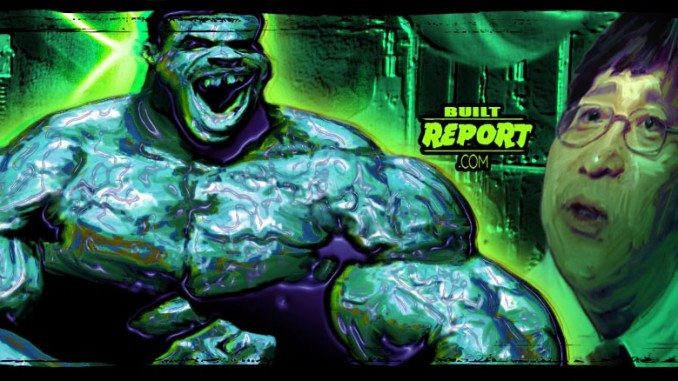
Jurassic Gorilla https://jurassicgorilla.com

The Rise of Bio-Technology: Dr. Xu Xiaochun and the Ethical Frontiers
In the sprawling technological landscape of the 21st century, few fields have generated as much curiosity, intrigue, and ethical debate as bio-technology. At the helm of this intriguing and often controversial realm is Dr. Xu Xiaochun, the CEO of Boyalife Group, an audacious venture based in Tianjin, China. Boyalife has set its sights on becoming the world’s foremost animal cloning factory, pushing the boundaries of what is scientifically possible. With a vision that encompasses cloning cattle embryos for prime quality beef, breeding racehorses, and even producing drug-sniffing dogs, the company has ambitious goals. However, its primary decision to abstain from human cloning, at least for now, has sparked discussions about the eventual inevitability of this scientific frontier.
Dr. Xu Xiaochun, a visionary in the realm of bio-technology, recognizes the vast potential of his field. He acknowledges that technology, especially bio-technology, has the power to bring about transformative change that can enhance the quality of life for all of humanity. However, with great power comes great responsibility. Dr. Xu emphasizes the importance of setting boundaries on technology to ensure that its benefits are harnessed for the greater good of society.
In a world where “made in China” is evolving into “invented in China,” the country is eager to establish itself as a global hub for innovation. It is no longer satisfied with merely producing inexpensive consumer goods. China is making a push to redefine itself as a center for technological advancement and scientific achievement.
The inevitable question arises: Does the technology for human cloning exist, and if so, when will it be utilized? Dr. Xu’s response to this inquiry is both intriguing and thought-provoking. He acknowledges that, from a technological perspective, human cloning is within the realm of possibility. Nuclear transfer, the process at the heart of cloning, exists. However, he is quick to clarify that the mere existence of technology does not imply that it should be exploited. He articulates a fundamental principle: technology should be harnessed to benefit society.
Dr. Xu’s caution and ethical stand against human cloning emanate from his belief that every technology should have boundaries. It is essential to harness technology in a way that uplifts society rather than causing harm. This principle underlines Boyalife’s approach to bio-technology, emphasizing its commitment to responsible use and ethical practice.
Furthermore, Dr. Xu raises a crucial concern: the societal implications of widespread human cloning. He implies that a world where everyone possesses the intellectual brilliance of an Isaac Newton would lead to unforeseen challenges. The potential repercussions of a uniformly super-intelligent society could be vast and disruptive. Dr. Xu’s words highlight the complexity of balancing scientific progress with ethical responsibility.
As bio-technology continues to advance, there is no doubt that it will offer unprecedented opportunities to enhance the human experience. People are likely to seek ways to improve their physical and intellectual capabilities. They will aspire to be smarter, stronger, and more attractive. The field of bio-technology is poised to fulfill these aspirations. The question remains: who would willingly stay behind in a world where advancement is within reach?
The ethical frontiers of bio-technology, as articulated by Dr. Xu Xiaochun, are bound to shape the future of this field. While the possibilities are limitless, the responsibility to ensure that these advancements are used for the collective betterment of society looms large. Dr. Xu and Boyalife Group’s commitment to ethical boundaries and the greater good offers a poignant perspective on bio-technology’s trajectory in the years to come.
It seems like human cloning will be an inevitability and its more a matter of when than if. Dr. Xu discusses some of Boyalife’s considerations.
Dr. Xu Xiaochun’s Statement
“The technology we have is very advanced. Any technology from it’s infancy, from it’s early days to going to large scale applications, has to go from immature to mature. Bio technology can drastically improve the efficiency of lifestyle in the future that’s going to benefit the society. So, anything that benefits the society will get support no matter where it is, in China or the US.
Technology can do lots of things. It can do benefits and if left uncontrolled can also do damage. Let me make it clear that Boyalife does not do human cloning because we believe that every technology has to have a boundary. We have to take the best use of technology and make it a benefit to the society and that’s the number one key.
China has moved from “made in China” to “invented in China”. They don’t want to project an image that this is a country that only makes toys, cheap shoes, and cheap clothing. That’s not what China is about.
People are always asking if the technology exists to replicate humans. I think, from the technology perspective, it existed because its a nuclear transfer but will we take advantage of this? No. We don’t really want the entire society to become one billion Isaac Newtons.”
-Dr. Xu Xiaochun
Dr. Xu Xiaochun’s Insight: The Ethical and Social Implications of Advanced Bio-Technology
Dr. Xu Xiaochun, the CEO of Boyalife Group, has provided a thought-provoking perspective on the evolving landscape of bio-technology, particularly the realm of human cloning. His statement, suggesting that a world full of individuals as intelligent as Isaac Newton could have adverse consequences, sheds light on the complex ethical and societal challenges that lie ahead as this technology becomes more advanced and widespread.
Dr. Xu’s assertion that an entire society of Isaac Newton-level intellects might be problematic hints at several underlying concerns:
- Homogeneity and Diversity: A world where everyone possesses exceptional intellectual abilities may lack the diversity of thought and perspective that is essential for progress. Innovation often arises from diverse minds collaborating and approaching problems from various angles. If everyone were equally intelligent, such diversity could be stifled, potentially hindering human advancement.
- Societal Adaptation: Rapid and widespread advancements in human intelligence and physical attributes could challenge the societal structure and adaptation processes. Society may need time to adjust to such changes, as not all individuals will evolve simultaneously. This imbalance could result in social tensions and disparities.
- Ethical Dilemmas: The quest for physical and intellectual perfection through bio-technology raises complex ethical dilemmas. Questions about the distribution of these technologies, the potential for discrimination against those who choose not to enhance themselves, and the potential consequences of “designer babies” are likely to become prominent issues.
- The Pursuit of Happiness: Dr. Xu’s statement implicitly touches upon the idea of happiness and contentment. If everyone strives to be “better,” there may be a risk of people becoming increasingly dissatisfied with their current state, continually seeking improvements. This pursuit could lead to higher stress levels and lower overall well-being.
In contemplating Dr. Xu’s assertion, it is clear that bio-technology’s progress is inevitable, and humanity will be increasingly drawn to the allure of improving physical and intellectual capabilities. As the technology evolves, the desire to be smarter, stronger, taller, and more attractive may become widespread. Who would willingly choose to be left behind in a world of endless possibilities?
However, it is crucial to acknowledge that Dr. Xu’s message underscores the importance of proceeding with caution. As bio-technology advances, the responsible and ethical use of these capabilities is paramount. Balancing the pursuit of self-improvement with ethical considerations, fairness, and the preservation of diversity will be a challenge for society.
Ultimately, Dr. Xu’s insights remind us that scientific advancements should be accompanied by thoughtful reflection and responsible implementation. As bio-technology continues to evolve, society must navigate the uncharted territory of human enhancement with the wisdom to maintain a balanced and ethical path forward.
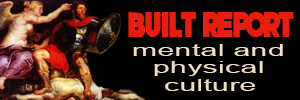

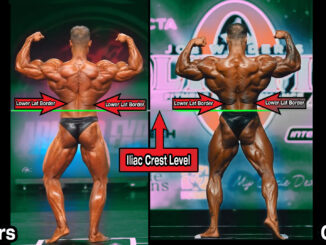
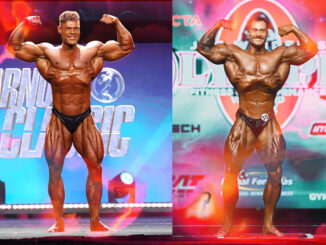
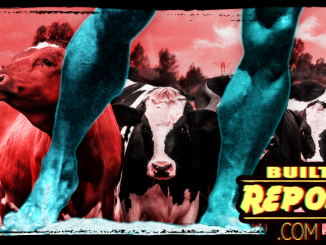
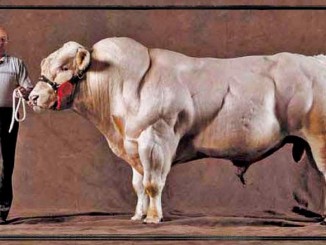
Be the first to comment